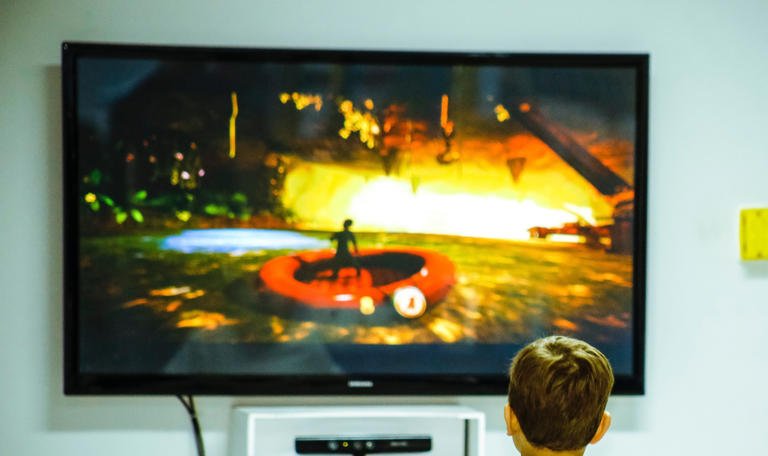Excessive Screen Time Poses Risk to Children’s Mental Health

A new large-scale international study published in the academic journal Psychological Bulletin has found that excessive screen time can trigger emotional and behavioral issues in children.
The research highlights that extended use of television, video games, and other digital media is linked to increased anxiety, depression, and aggression.
Interestingly, the study also points out that children who are already dealing with emotional challenges often turn to screens as a way to cope, creating a harmful cycle that can worsen their mental well-being over time.
This growing body of evidence underscores the need for a more thoughtful approach to children’s use of technology. According to the American Academy of Pediatrics, setting clear and consistent limits on screen time is one effective way to help children build healthier digital habits.
For toddlers, experts recommend limiting screen use to one hour on weekdays and no more than three hours on weekends. Removing screens from bedrooms can also support better sleep, while encouraging alternatives like outdoor play, reading, and shared family activities can help children develop stronger emotional and social skills.
In addition, newer research advises parents not to give smartphones to children under the age of 13. Findings suggest that younger children, especially girls, are more likely to experience mental health problems when exposed to smartphones too early.
Parents are encouraged to have open conversations with their children about the risks of digital media, use parental controls when necessary, and consider removing certain apps to create a safer digital environment.
Ultimately, helping children thrive in a high-tech world is not about eliminating screens altogether, but about creating a healthy balance. With intentional strategies and consistent support, parents can protect both the emotional and psychological health of their children while still embracing the benefits of technology.





